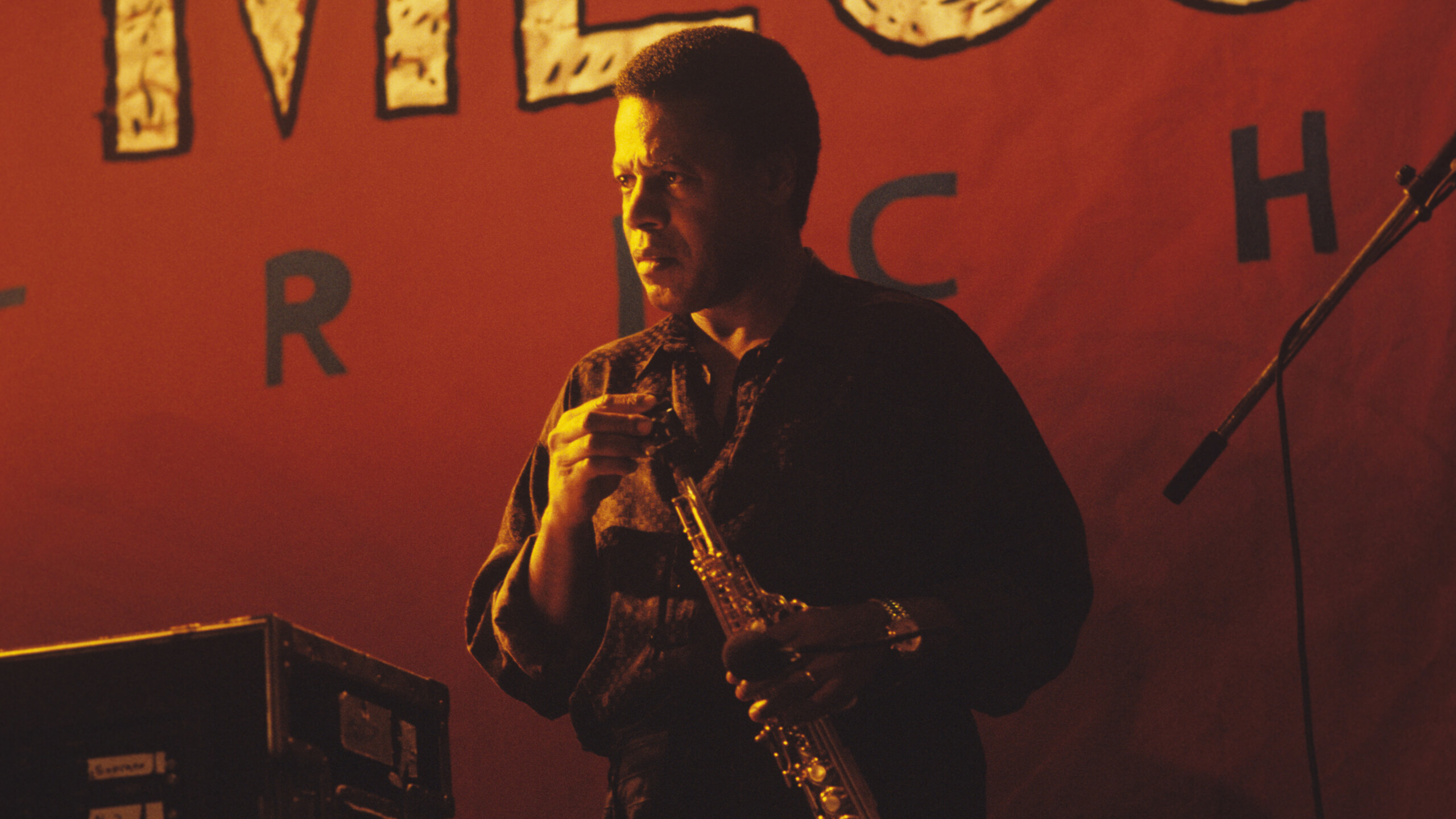
Wayne Shorter, the 12-time Grammy-winning saxophonist and composer and the creator of one of the singular sounds in contemporary jazz over more than half a century, died on Thursday, March 2 in Los Angeles. Shorter was 89 years old.
Cem Kurosman, a publicist at Blue Note Records, which released Shorter’s recent recordings, confirmed his death in an email to NPR.
Shorter’s influential career spanned decades. From the hard bop of the late 1950s to genre-defying small-group jazz in the ’60s all the way through the birth of rock-influenced jazz in the ’70s, Shorter’s soprano and tenor saxophones offered sonic clarion calls for change and innovation.
Wayne Shorter, born Aug. 25, 1933, in Newark, N.J., was known as a deep thinker on and off the bandstand, ingrained with an intense curiosity that began during his childhood. After studying music at New York University in the mid-1950s, he joined a band that brought him to the attention of the jazz world as a composer and saxophonist: Art Blakey’s Jazz Messengers.
In the mid-’60s, Shorter solidified the second coming of the Miles Davis Quintet, joining Davis, bassist Ron Carter, drummer Tony Williams and pianist Herbie Hancock. It was there that he was able to indulge a passion for the intellectual that once prompted one of his NYU professors to wonder why he wasn’t a philosophy major.
“The six years I was with Miles we never talked about music,” Shorter told NPR in 2013. “Miles, on his table, he had scores of Koussevitzky, the conductor … and then he had another book on architecture and another book on law. Just sitting on the table. And then he’d talk about clothes and fashion.”
During his time with Davis, Wayne Shorter also recorded a series of highly regarded solo albums. His relationship with the iconic Blue Note Records from 1964-1970 resulted in a number of now-classic recordings including Juju (recorded with members of John Coltrane’s quartet), Speak No Evil (recorded with two fellow Miles Davis bandmates) and The Soothsayer (featuring fellow Blue Note artist Freddie Hubbard). Many of the albums contained Shorter compositions that are now considered jazz standards.
He stayed with Davis after the breakup of the second quintet, when the trumpeter experimented with electric instruments. Shorter then joined another Davis alum, keyboardist Joe Zawinul, to co-found Weather Report, which became one of the most renowned jazz-rock bands of the ’70s. The band’s 1979 album, 8:30, resulted in the first of Shorter’s dozen Grammy Awards. He was awarded the Recording Academy’s Lifetime Achievement Grammy in 2015.
In a statement released by Shorter’s publicist Alisse Kinglsey, Hancock, described as Shorter’s “closest friend for more than six decades,” wrote, “Wayne Shorter, my best friend, left us with courage in his heart, love and compassion for all, and a seeking spirit for the eternal future. He was ready for his rebirth. As it is with every human being, he is irreplaceable and was able to reach the pinnacle of excellence as a saxophonist, composer, orchestrator, and recently, composer of the masterful opera ‘…Iphigenia’. I miss being around him and his special Wayne-isms but I carry his spirit within my heart always.”
The latter part of Wayne Shorter’s life was marked by almost 50 years of devotion to Nichiren Buddhism, a Japanese strain of the popular religion.
“I was hearing about Buddhism,” Shorter told NPR in 2013. “But then I started to look into it and I started to open up and find out what was going on in the rest of the world instead of the west.”
Those spiritual teachings influenced the musical ideas he applied to jazz at the start of the new millennium when he formed the Wayne Shorter Quartet featuring a handpicked group of much younger musicians.
The group’s recorded work was captured by Shorter’s return to Blue Note Records after over four decades with a series of releases that showcased the band’s intense improvisations on Shorter compositions old and new.
As recently as 2018, with the release of his acclaimed final album, Emanon, Wayne Shorter continued to find the common ground between the spiritual and the musical.
“We have a phrase [in Buddhism]: hom nim yoh,” he said in the 2013 NPR interview.”It means ‘From this moment forward is the first day of my life.’ So put 100 percent into the moment that you’re in because the present moment is the only time when you can change the past and the future.”
9(MDEwNzczMDA2MDEzNTg3ODA1MTAzZjYxNg004))
: March 2, 2023
An earlier version of this story miscounted the number of Grammy Awards Wayne Shorter won before his death. He has won 12 Grammys.

Mr. Al Pete and Notsucal Release Their Latest Collab, ‘G4.5’

Dinner Party, Tom Misch and More from the Neighborhood with Mr. Al Pete

An Ultra-Chill Playlist from the Latest Episode of Electro Lounge

Sing Out Loud Festival Returns With Hozier, Beabadoobee, Father John Misty, Vance Joy and More

Chicago Alt-Country Faves Wilco Return to St. Augustine with Indie-Folk Great Waxahatchee

Looking for an Alternative to Spotify? Consider Hopping on the band(camp) Wagon

Khruangbin to Bring ‘A LA SALA’ Tour to St. Augustine in April

Perfume Genius, Flipturn, Tamino + Mitski and 6 New Songs to Stream

Song of the Day | “all tied up” by Glixen




